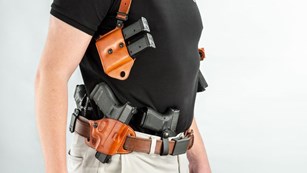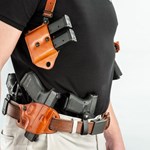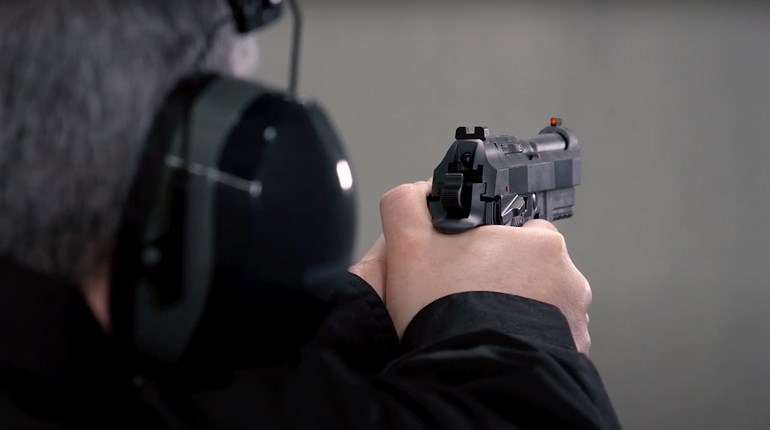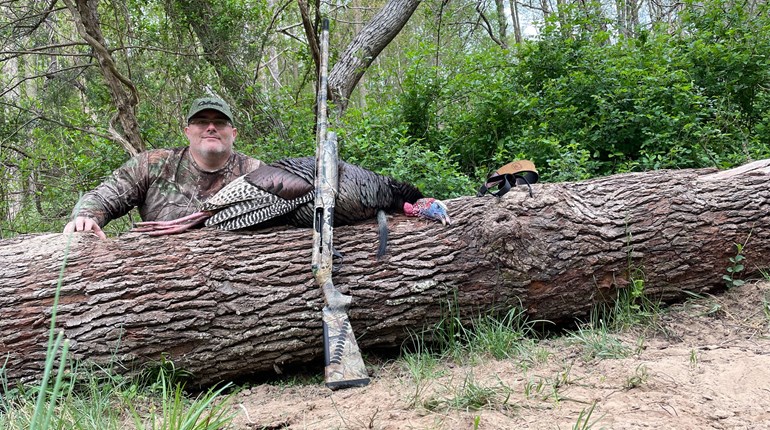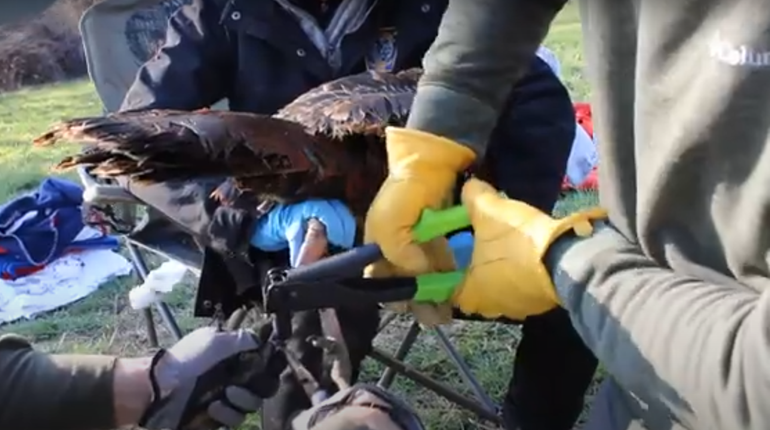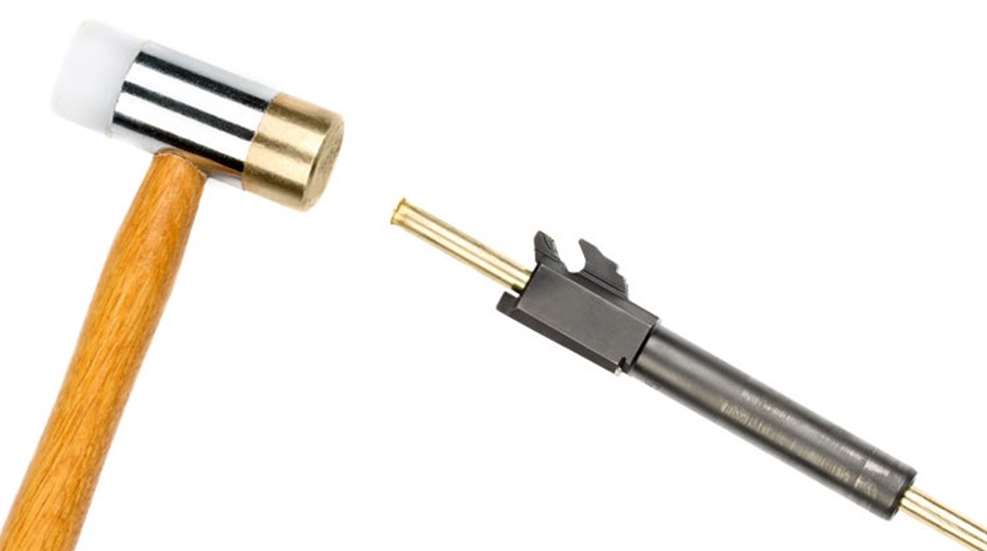
Modern manufacturing methods and strict quality control have made today's factory ammunition virtually 100 percent reliable in properly functioning firearms. However, occasionally the shooter may encounter one of four types of malfunctions with both factory and reloaded ammunition. Today, we'll focus on squib loads. A squib load is defined as a cartridge or shell that produces projectile velocity and sound substantially lower than normal.
Most commonly, the shooter will be aware of a squib load as a shot that does not produce the expected level of either noise, recoil or both. Such a condition can be caused by a number of factors: use of old or deteriorated ammunition; contamination of the primer or powder charge; or failure to load a primed case with a sufficient amount of powder. Under the best conditions, the squib load has sufficient power to to propel the bullet out of the muzzle (albeit at less than normal velocity). Often, however, a squib load leaves a bullet lodged in the bore—and therein lies the danger. If the shooter fails to recognize that he or she has had a squib load and fires a successive shot with the bore obstructed, disastrous consequences may result for both the gun and the shooter.
Whenever the shooter senses something different about a particular shot—reduced recoil or muzzle blast, the failure of the shot to cycle the action of a semi-automatic firearm, the lack of a hole produced anywhere on the target, etc.—a squib load should be suspected. The shooter should not fire another shot, but instead should completely unload the firearm and then inspect the bore, visually or with a cleaning rod, to ensure there is no obstruction. (Visual inspection must be done with the muzzle pointed in a safe direction, as you look into the bore through the breech.) A bullet that is just barely into the rifling (such as was fired from a case that was primed but not charged with powder) can sometimes be tapped out carefully using a cleaning rod inserted from the muzzle of the gun. Bullets that are more firmly lodged in the bore should be removed by a gunsmith. Note that in a revolver, a bullet fired from a primed case lacking powder may jam into the forcing cone, preventing cylinder rotation. Again, a gunsmith should be used to remedy such a situation.
Most commonly, the shooter will be aware of a squib load as a shot that does not produce the expected level of either noise, recoil or both. Such a condition can be caused by a number of factors: use of old or deteriorated ammunition; contamination of the primer or powder charge; or failure to load a primed case with a sufficient amount of powder. Under the best conditions, the squib load has sufficient power to to propel the bullet out of the muzzle (albeit at less than normal velocity). Often, however, a squib load leaves a bullet lodged in the bore—and therein lies the danger. If the shooter fails to recognize that he or she has had a squib load and fires a successive shot with the bore obstructed, disastrous consequences may result for both the gun and the shooter.
Whenever the shooter senses something different about a particular shot—reduced recoil or muzzle blast, the failure of the shot to cycle the action of a semi-automatic firearm, the lack of a hole produced anywhere on the target, etc.—a squib load should be suspected. The shooter should not fire another shot, but instead should completely unload the firearm and then inspect the bore, visually or with a cleaning rod, to ensure there is no obstruction. (Visual inspection must be done with the muzzle pointed in a safe direction, as you look into the bore through the breech.) A bullet that is just barely into the rifling (such as was fired from a case that was primed but not charged with powder) can sometimes be tapped out carefully using a cleaning rod inserted from the muzzle of the gun. Bullets that are more firmly lodged in the bore should be removed by a gunsmith. Note that in a revolver, a bullet fired from a primed case lacking powder may jam into the forcing cone, preventing cylinder rotation. Again, a gunsmith should be used to remedy such a situation.











